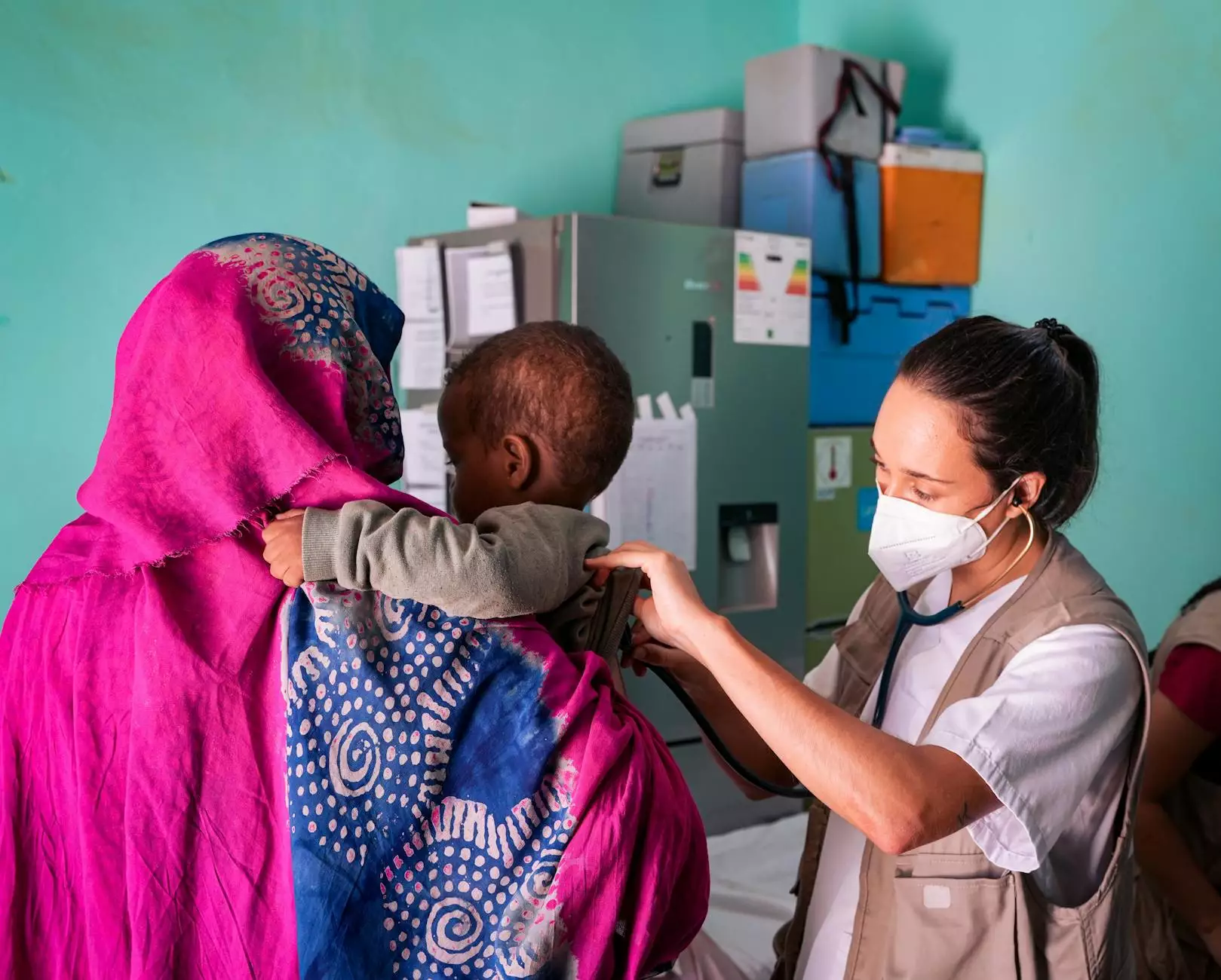The Comprehensive Guide to Pancreatic Cancer Treatment

Pancreatic cancer is one of the most challenging malignancies faced by patients and healthcare providers alike. Often diagnosed at an advanced stage, it is crucial to understand the available treatment options, which can significantly impact survival rates and quality of life. In this article, we delve into the current strategies available for pancreatic cancer treatment, providing valuable insights into surgical interventions, chemotherapy, radiation, and emerging therapies.
Understanding Pancreatic Cancer
The pancreas is a vital organ that plays a crucial role in digestion and blood sugar regulation. When cancer develops within this organ, it impairs these functions, leading to severe health complications. Pancreatic cancer is classified primarily into two types:
- Exocrine tumors: These are the most common and include pancreatic adenocarcinoma.
- Neuroendocrine tumors: These are rarer and arise from the hormone-producing cells of the pancreas.
Staging and Diagnosis of Pancreatic Cancer
Accurate staging is crucial for determining the most effective treatment strategy. Staging involves a series of diagnostic tests, including:
- Imaging tests: CT scans, MRIs, and ultrasounds help visualize the pancreas and detect tumors.
- Biopsy: This procedure retrieves a small tissue sample for laboratory analysis to confirm cancer type.
- Blood tests: Tests for tumor markers like CA19-9 can assist in diagnosing pancreatic cancer.
Upon diagnosis, the cancer is staged from I (localized) to IV (metastatic), influencing treatment choices.
Standard Treatment Options for Pancreatic Cancer
The choice of treatment largely depends on the cancer stage, location, and the patient’s overall health. The primary approaches to pancreatic cancer treatment include:
Surgical Treatment
Surgery offers the best chance for long-term survival, particularly for patients diagnosed at an early stage. The most common surgical procedures include:
- Whipple Procedure (Pancreaticoduodenectomy): This complex operation involves removing the head of the pancreas, the duodenum, part of the bile duct, gallbladder, and nearby lymph nodes. It is often recommended for tumors in the head of the pancreas.
- Distal Pancreatectomy: Reserved for tumors in the body or tail of the pancreas, this procedure removes the affected portion of the pancreas along with the spleen.
- Total Pancreatectomy: This involves the complete removal of the pancreas, which may be necessary for widespread disease.
Post-surgery, close monitoring and follow-up care are essential to manage any complications and detect recurrences early.
Chemotherapy
Chemotherapy uses drugs to kill cancer cells and is often a critical component of pancreatic cancer treatment:
- Adjuvant Chemotherapy: Administered after surgery to eliminate any remaining cancer cells, typically done with regimens such as FOLFIRINOX or Gemcitabine.
- Neoadjuvant Chemotherapy: Given before surgery to shrink tumors, making them easier to remove.
- Palliative Chemotherapy: Focuses on relieving symptoms and prolonging life in advanced cases.
Radiation Therapy
Radiation therapy uses high-energy waves to target and destroy cancer cells and is often used in conjunction with chemotherapy. It can be applicable in:
- Postoperative settings: To remove residual cancer cells post-surgery.
- Palliative care: To relieve pain in patients with advanced pancreatic cancer.
Innovative Treatment Options
In recent years, significant advancements have been made in pancreatic cancer treatment. Some noteworthy innovative therapies include:
Targeted Therapy
Targeted therapies focus on specific characteristics of cancer cells. For pancreatic cancer, therapies targeting the HER2 and BRCA mutations have shown promise in clinical trials.
Immunotherapy
Immunotherapy harnesses the body's immune system to fight cancer. While still under research for pancreatic cancer, treatments such as checkpoint inhibitors are being evaluated and may provide options for patients with specific genetic markers.
Clinical Trials
Clinical trials are essential for the development of new therapies. Patients may consider participating in trials to access cutting-edge treatments that are not yet widely available:
- Gene Therapy: Aiming to correct the underlying genetic defects in cancer cells.
- Combination Therapies: Trials combining chemotherapy, immunotherapy, and targeted therapy are ongoing.
Nutritional Support in Pancreatic Cancer Treatment
Nutrition plays a critical role in supporting patients undergoing treatment. Due to the pancreas's role in digestion, patients may face challenges in maintaining adequate nutrition. Some recommendations include:
- Small, frequent meals: Easier to digest and helps maintain energy levels.
- Pursuing pancreatic enzymes: Supplements can aid digestion.
- Consulting a dietitian: A professional can tailor dietary plans to meet individual needs.
The Importance of a Multidisciplinary Approach
An effective treatment plan for pancreatic cancer requires collaboration among various healthcare professionals. A multidisciplinary team may include:
- Oncologists: Specialists who direct overall cancer care.
- Surgeons: Experts in performing necessary surgical interventions.
- Radiologists: Professionals who interpret imaging and administer radiation therapy.
- Nutritionists: Specialists who assess and manage dietary needs.
- Palliative Care Experts: Focused on improving the quality of life throughout the treatment process.
Conclusion: Looking Ahead in Pancreatic Cancer Treatment
While pancreatic cancer presents significant challenges, advancements in pancreatic cancer treatment continue to evolve. Early detection, innovative therapies, and a multidisciplinary approach are shaping the future of cancer care. Patients and their families should remain informed, engaged, and proactive in discussing treatment options with their healthcare teams.
For more information and support, individuals are encouraged to explore resources available through healthcare providers, cancer support organizations, and reliable online platforms. Together, we can navigate the complexities of pancreatic cancer and strive for better outcomes.









